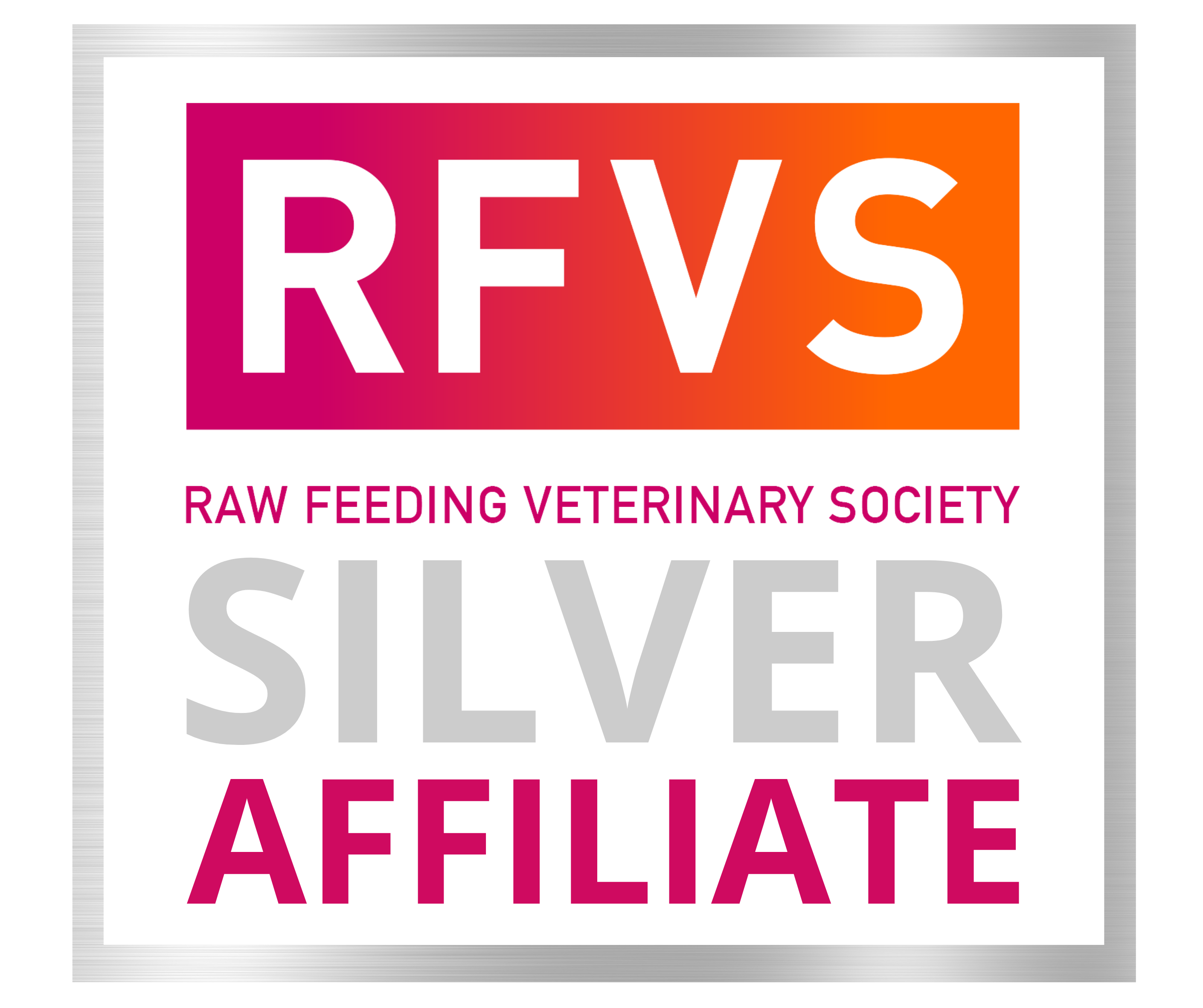Pet Food Marketing
GRAIN-FREE
Dry biscuits have been cooked and processed, and they all contain starch (to create a stable biscuit shape). ‘Grain free’ biscuits are all the rage, but the starches contained in them are just as unnecessary for dogs and cats and just as undigestible.
Most ‘natural’ and ‘holistic’ diets are based on rice. Others may be made with potato. Dogs and cats have never cooked rice or potatoes for themselves and never will. Other sources of starch are pumpkin, or sweet potato and chicory - also not suitable for dogs and cats.
ANTIOXIDANTS
Many natural pet foods jump on the human marketing band wagon - using blueberries, cherries, a selection of vegetables and anything classed as an antioxidant. Great for us humans, but put simply, dogs and cats are designed to eat animals that have already digested the plants for them.
Possum is a much better source of antioxidants for dogs and cats. Our NZ possums have a great time feeding on berries in the bush. As a result of their diet, the possum you feed your dog or cat will be full of antioxidants that your dog or cat can effectively utilise. It really is that simple!
SYNTHETIC VITAMINS & MINERALS
Synthetic vitamin and mineral supplements are also of concern. They are unnecessary on a well planned, species-appropriate diet, and they may end up causing imbalances. In addition, there have been multiple studies over the years that have demonstrated how vitamins and minerals can act very differently (and sometimes dangerously) if they are given in synthetic form, as opposed to eaten in real food (in which case they are beneficial).
FRUITS & VEGETABLES
Another trend is the addition of significant amounts of fruits and vegetables to raw pet foods. While small amounts of some fruit and vegetables may be fine for a raw-fed pet, they are not necessary (we are fortunate enough in New Zealand to have access to green tripe - fermented vegetable matter which is perfect for carnivores), and care needs to be taken to avoid problems.
Fruit and vegetables are primarily made of carbohydrates - an excess of these in the diet may impair good gastric acidity, or even put pressure on the pancreas to produce more enzymes to digest the sugars (carbohydrates break down into simple sugars). Leafy greens, cruciferous vegetables, and kumara can be goitrogenic. In susceptible animals, regular consumption of these will inhibit adequate absorption of iodine, potentially leading to serious problems.
ESSENTIALS FATTY ACIDS
‘Natural’ pet foods are often high in essential fatty acids, but usually these are derived from flaxseed. Flaxseed oil supplements are growing in popularity too. Again, great for us humans.
However, carnivores cannot convert the fatty acids in flaxseed to DHA. DHA is a form of fatty acid required by cats and dogs. It is found in organ meats, and fish. Our cats and dogs are designed to eat animals who have already converted vegetable oils such as flax and evening primrose into essential animal fats that our dogs and cats can actually utilise.
Essential fatty acids for dogs and cats need to be of animal origin. Although fish oils may be a useful supplement in some cases, we recommend that dogs and cats acquire the fatty acids that they need by eating species-appropriate food. Fresh meats such as oily fish (pilchards, sardines, salmon), rabbit, possum and chicken are full of essential fatty acids that your pet can make full use of. If supplementing your dog and cat, make sure the essential fatty acids are of animal-origin.
FRESH MEAT
There are many ‘fresh’ meat products on the market for cats and dogs. Be aware that many fresh products found in the refrigerated section of the supermarket are preserved to extend their shelf life. Sulphur preservatives are common and can result in thiamine deficiency as they deplete the vitamin B levels of the fresh meat. These preservatives have also been linked to asthma in cats.

